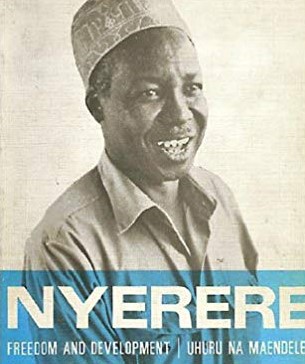The process of shedding light on the work of Africans in technology innovation, inside Africa, should never stop. It also should never be underestimated.
In modern history, no country has been able to achieve genuine economic and technological transformation without its own people taking the lead. African countries, such as Tanzania, are no exception. When we hear much talk about local capacity building, it should usually mean something like finding talented and skilled natives, like Bernard Kiwia, and assisting them with finding the channels and means to express their creativity; not in a paternalistic way, but in a way of collaboration and cooperation.… More

